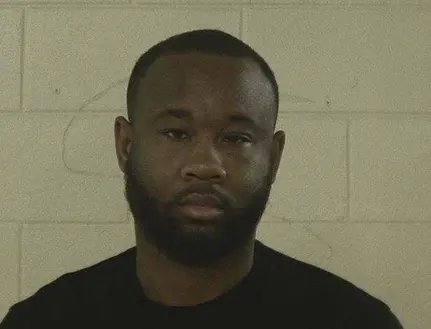T4K3.news
Gunman photo released at CDC shooting
Authorities released a photo of the shooter and new details on last Friday's attack at the CDC campus in Atlanta.
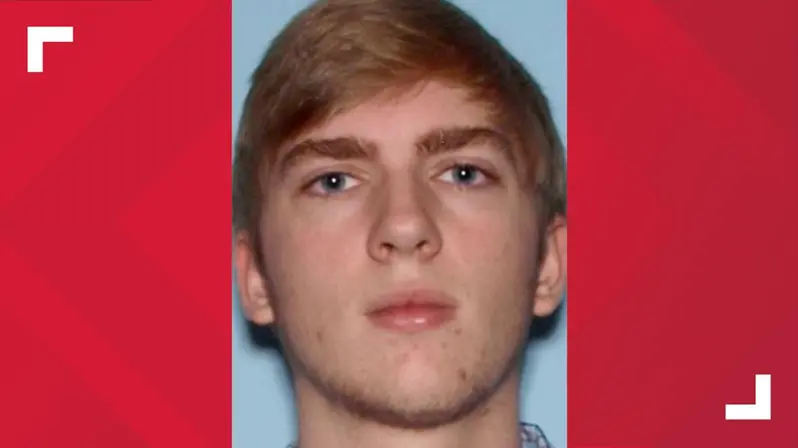
The GBI released the shooter photo and new findings about last Friday’s attack at the CDC campus.
Photo released of gunman in CDC Atlanta shooting
The Georgia Bureau of Investigation released a photo of 30-year-old Patrick Joseph White and outlined new details about last Friday’s attack at the CDC campus in Atlanta. The agency said five weapons found in White’s home belonged to his father, and that White died from a self inflicted gunshot wound after forcing entry into a safe that held them. Investigators described the mix as rifles, a shotgun and possibly a handgun, with uncertainty about the exact combination. Most shell casings at the scene came from a long gun.
Police say nearly 200 rounds struck six CDC buildings and 500 shell casings were recovered. The shooter did not have a known criminal history, though 11Alive reported prior 911 calls from White’s Cobb County residence for suicidal threats and domestic disturbances. White reportedly left written material expressing discontent with the COVID-19 vaccines. DeKalb County Officer David Rose was killed in the line of duty, and White died at a CVS after the confrontation near the CDC campus. The investigation included visits by federal officials and security assessments as employees continue remote work through the week.
Key Takeaways
"Our hearts and prayers go to the family, friends and colleagues of DeKalb County Police Officer David Rose, who was killed in the line of duty during this incident."
Hosey expresses condolences for Officer Rose
"His sacrifice will never be forgotten and his commitment to protecting others is a profound testament to the very best of the law enforcement profession."
Hosey on Officer Rose's service
"No one should face violence while working to protect the health of others."
Kennedy statement on safety of health workers
The episode sits at the intersection of violence, public health and political discourse. It shows how threats to health workers and vaccines can fuse with personal grievances to produce a deadly outcome. The aftermath forces institutions to rethink campus security, remote-work arrangements and staff support in the wake of trauma. It also raises questions about how leaders frame public health messages and respond to threats that merge personal grievance with public duty.
Beyond the immediate tragedy, the case highlights the ripple effects on local communities, families, and public institutions that often carry the burden of keeping essential services running under pressure. The focus now shifts to security upgrades, mental health support for staff, and how authorities communicate about risk without amplifying fear or politicizing public health work.
Highlights
- Violence against public health workers cannot be tolerated.
- Rhetoric that targets health workers fuels real danger.
- Support for the fallen is the only path forward.
- Public health safety must come before political blame.
Political and public health safety risk
The article touches on political discourse around vaccines and public health work, which could provoke backlash or politicization. It also involves sensitive topics about threats to public institutions, requiring careful framing.
Investigators will continue to review the case and tighten security where needed.
Enjoyed this? Let your friends know!
Related News
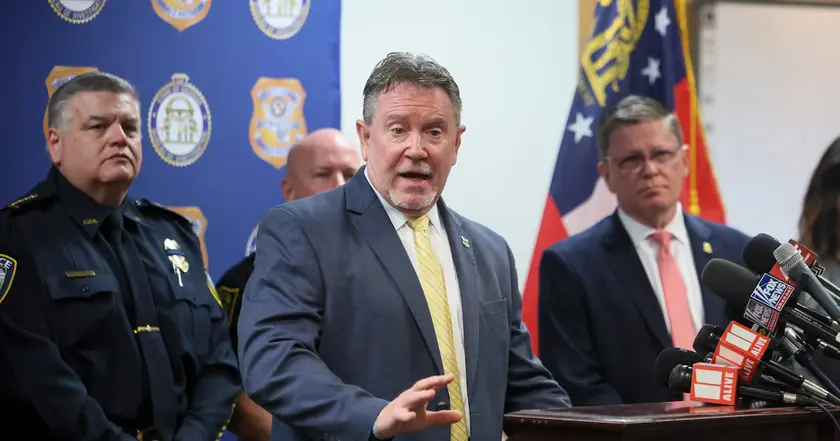
CDC shooting under investigation
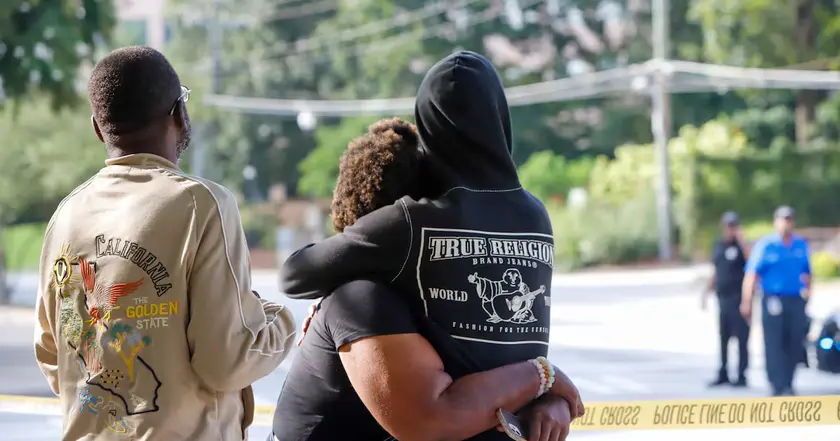
Officer killed on Emory campus
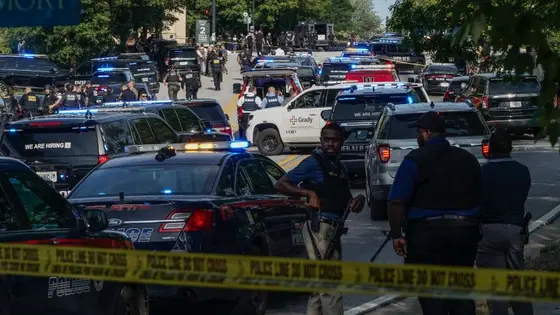
Gunfire near CDC HQ in Atlanta
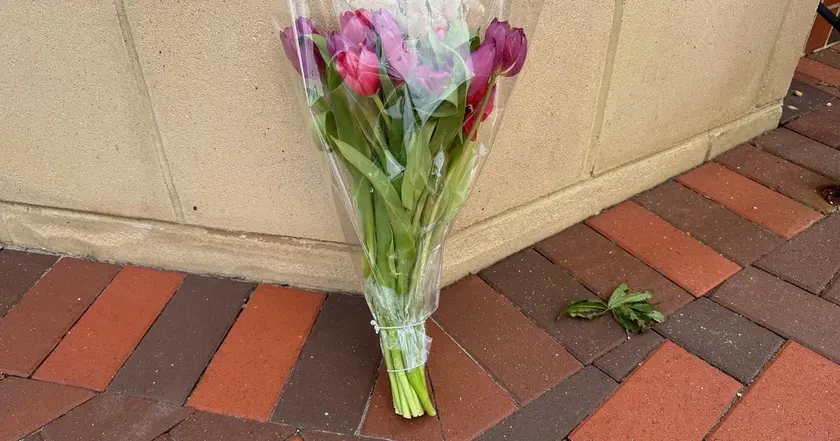
CDC shooting tied to vaccine misinformation
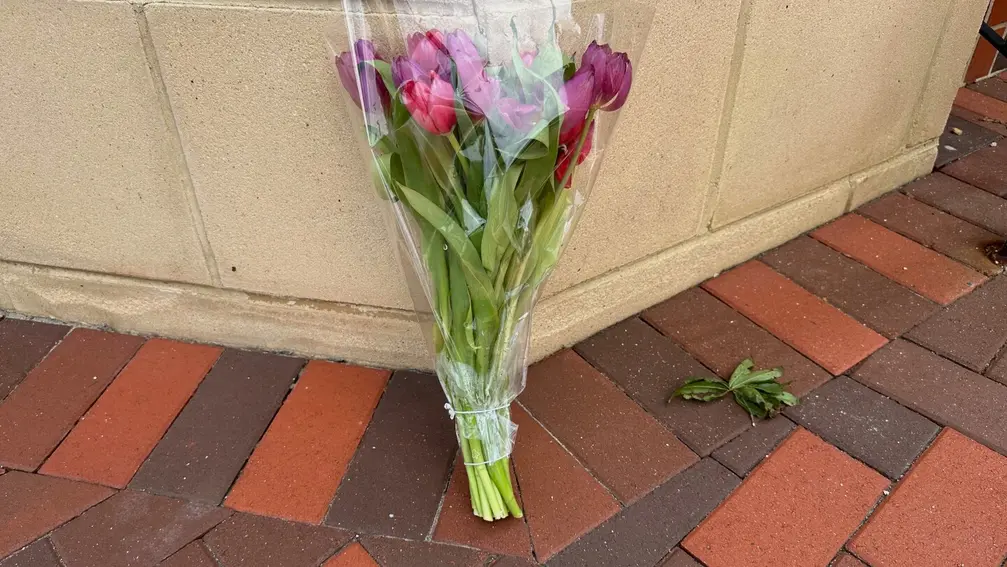
CDC shooting prompts union call for clear stand against misinformation
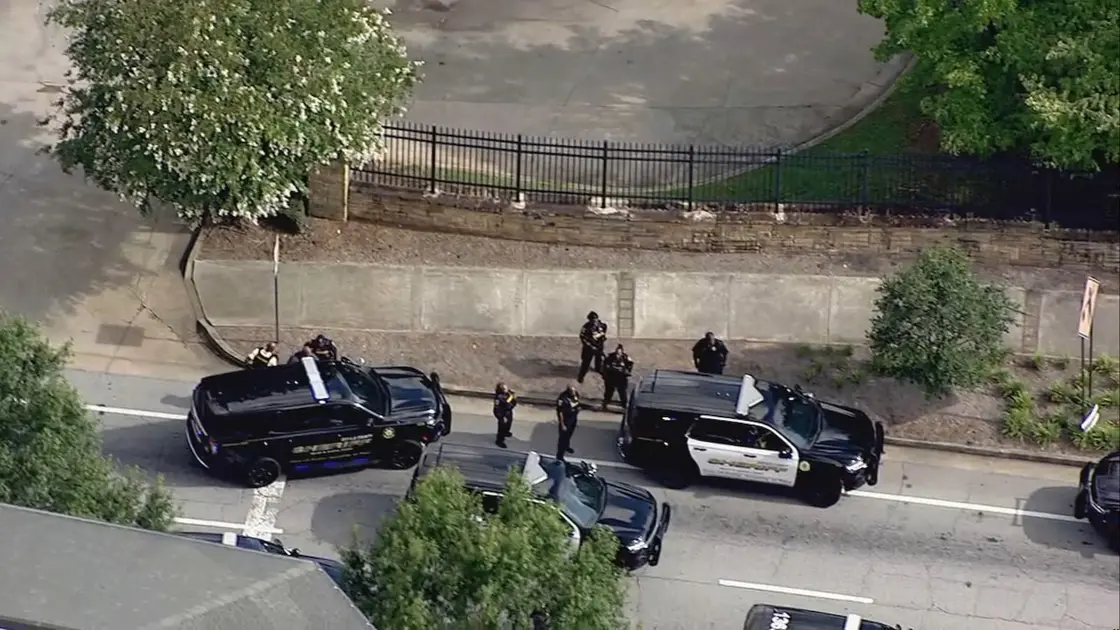
Gunman tied to vaccine grievance targets CDC campus
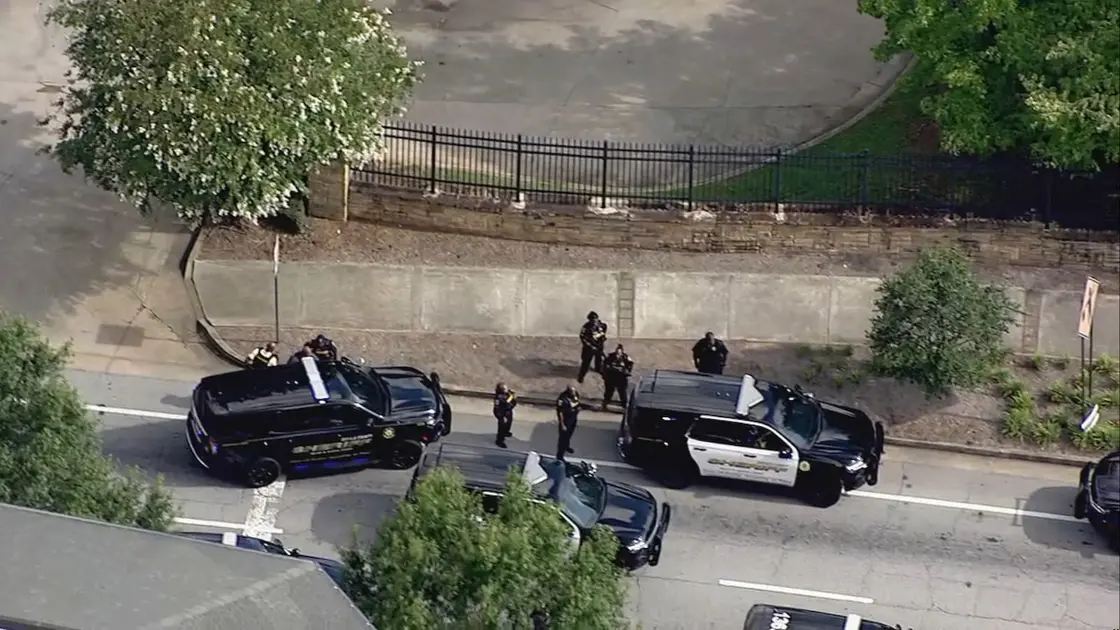
CDC Shooting prompts security review
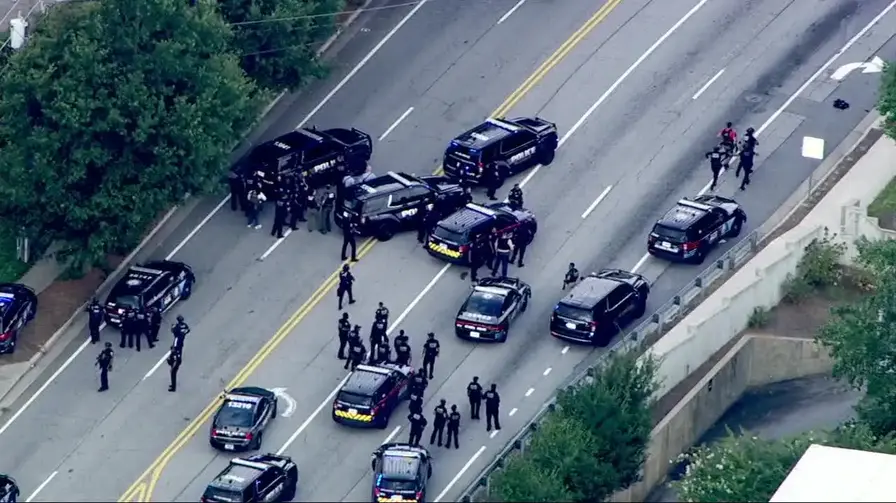
Active shooter incident contained near Emory University
